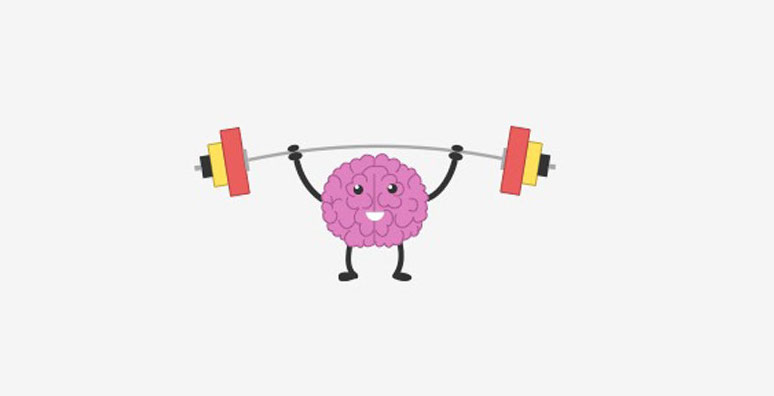Research shows that most chronic back pain is psychosomatic. This means that mental processes like depression, frustration, and attitude play a large role in the severity of your pain. This means that improving your mindset can help reduce your pain. You can try meditation exercises, deep breathing exercises, and positive thinking to help improve your outlook on chronic pain.
Regular Stress Reduction
Pain intensifies when you are tense or stressed, which can lead to feelings of fear and helplessness. When faced with a situation that causes anxiety or fear, the body responds with a display of tangible sensations including a racing heart, tense muscles, balled fists, pupil dilation, and shallow breathing.
Relaxation exercises are a way of calming your body. Deep breathing, visualization, and other relaxation techniques can make the difference in managing the pain you live with.
Tip: You may discover your own mindfulness practices and relaxation exercises or use the ones on DoctorPlan under the stress relief section. Here you can find examples of guided meditation, imagery, relaxation, and deep breathing exercises.
Mental Health Support
Doctors know that back pain or neck pain can have emotional effects. So, your doctor might refer you to a psychologist who can support you with any symptoms of depression, anxiety, or other mood disorders associated with chronic pain. A psychologist can also offer a range of psychological tools, such as relaxation techniques, to help you experience your pain as less intense.
Support Groups
You could also participate in support groups. Your doctor or local hospital may be able to refer you to one in your area.
Back and neck pain can often feel like it’s the center of your life. The issue with seeing it that way, is that the pain itself is out of your control. What is in your hands, however, is goal setting, self-care, and other resources that can help you manage your condition wherever you are on your recovery journey.
At Huffman Clinic, we believe in treating the whole. We factor in all wellness elements – mental, social, physical, and spiritual health. We look at all potential causes and go through our treatment options including spine surgery, conservative care, and alternative treatments.

